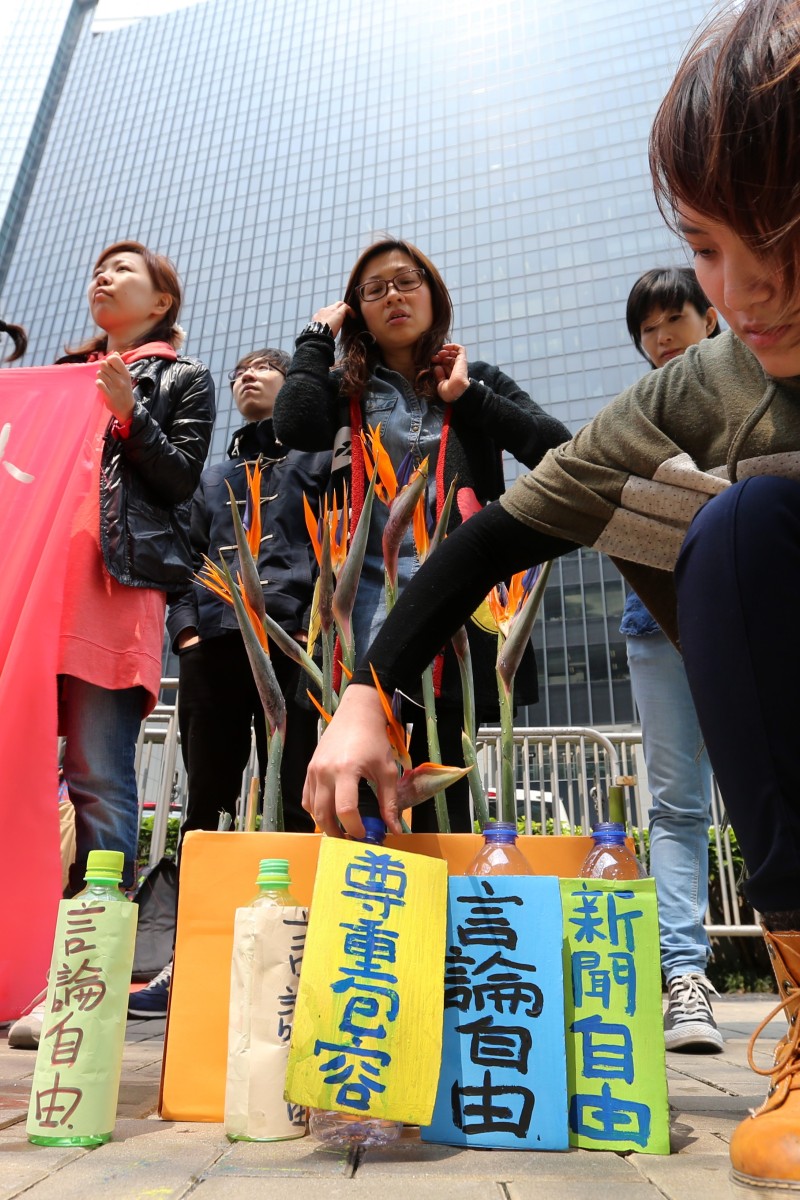
Hong Kong’s freedom of expression is being threatened, warns Amnesty International
Published:
Listen to this article
A report released by the human rights organisation criticises the local government for going against international standards on human rights
Joshua Lee |
Published:
Sign up for the YP Teachers Newsletter
Get updates for teachers sent directly to your inbox
By registering, you agree to our T&C and Privacy Policy
Sign up for YP Weekly
Get updates sent directly to your inbox
By registering, you agree to our T&C and Privacy Policy